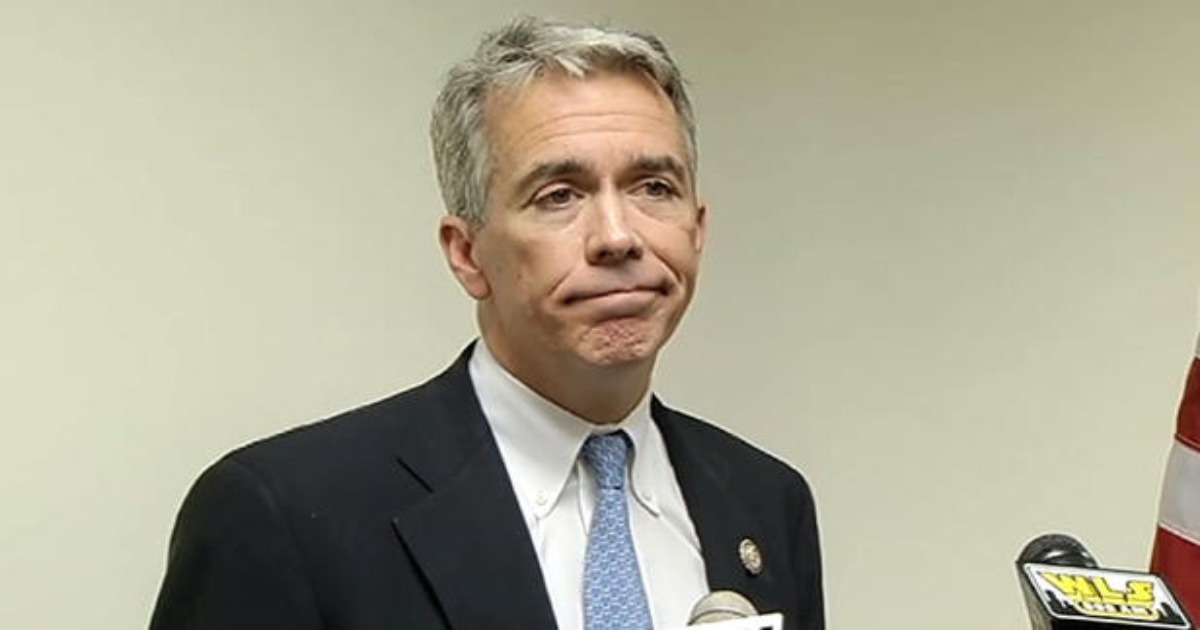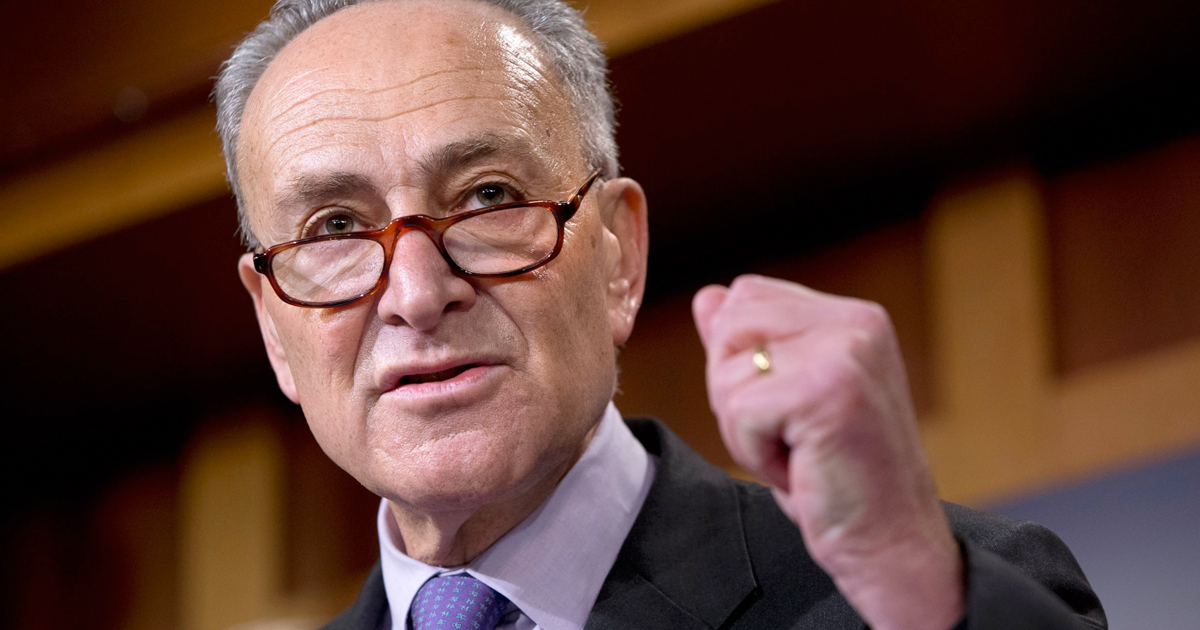Habeas Corpus is such a fundamental institution in the American justice system that it can be hard for the average citizen to contemplate that it could be taken away. But it can, and for Supreme Court Justice Antonin Scalia, the requirement that it be extended to an innocent man is not so obvious.
Floyd Perkins was convicted of murder and sentenced to life in prison in 1993 for the stabbing of another man, Damarr Jones, after a party in Flint, Michigan. Perkins exhausted his appeals in 1997 and as such, has been in prison since that time. But over the course of the years following, Perkins accumulated affidavits from individuals that could have cast doubt on his conviction. The affidavits implicated the involvement of a third party in the murder, which, if true, could have undermined Perkins’s guilt. However, Perkins failed to come forward with the affidavits before the statutorily established deadline of one year.
Perkins’s guilt was reaffirmed after being heard by a habeas court, but the question of whether the one year provision of the Antiterrorism and Effective Death Penalty Act (AEDPA) should serve as an effective bar, preventing the case from review was the wrung from which Scalia chose to hang his dissent.
Finding better allies in the argument that denying the innocent a habeas review serves judicial economy. Commenting on the majority’s decision to uphold the hearing of Perkins’s plea, Scalia argued, “From now on, each time an untimely petitioner claims innocence – and how many prisoners asking to be let out of jail do not? – the district court will be obligated to expend limited judicial resources wading into the murky merits of the petitioner’s innocence claim.”
Continuing, Scalia seemed bound to the letter of law, despite its apparent valuation of economy over life and at the peril of continuing the devilish and dangerous practice of imprisoning the innocent to guarantee the capture of the guilty.
“It has now been 60 years since… we struck the Faustian bargain…,” and began probing the merits of habeas claims. Scalia argues that the situation is too far gone, no sense in turning back now, forgetting the lesson of Faust that no matter how far one has gone down the wrong path, one is never so far gone as they cannot turn back.
Joshua is a writer and researcher with Ring of Fire.



